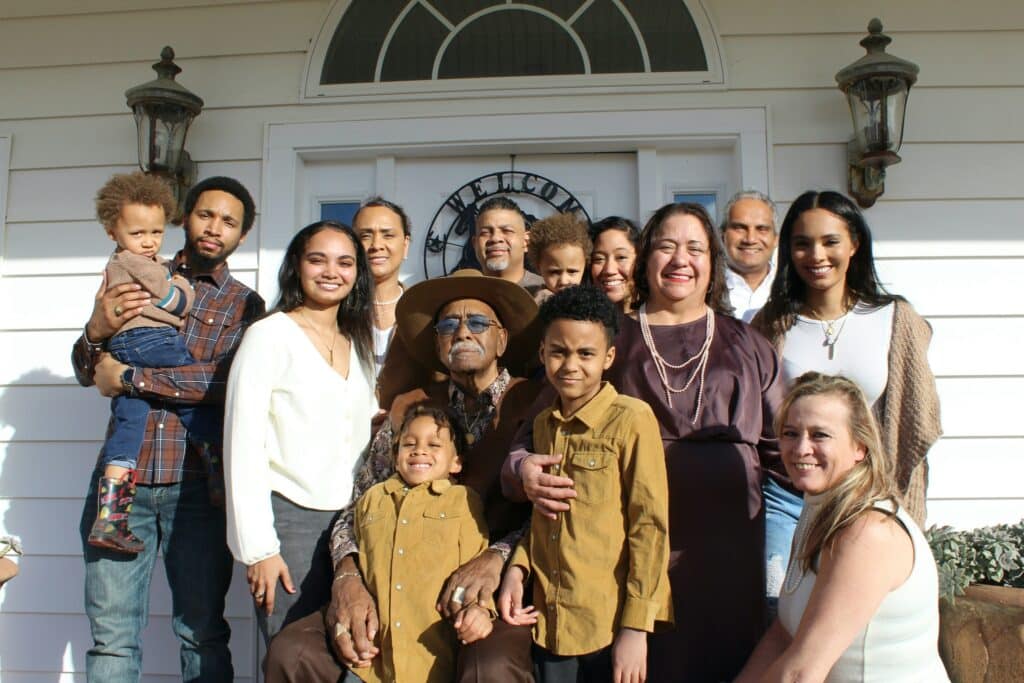
The decline in a senior family member’s health can significantly affect the entire family unit, creating a ripple effect that permeates emotional, physical, and financial aspects of family life. As the primary caregiver often takes on the responsibility of managing the senior’s care, the dynamics within the family can shift dramatically, leading to stress, anxiety, and even conflict.
The emotional impact on family members is profound. Watching a loved one struggle with health issues can evoke feelings of helplessness and grief. Family members may experience anticipatory grief even before the senior passes away, as they grapple with the changes in their loved one’s health and capabilities. This emotional burden can lead to increased stress levels, anxiety, and depression among caregivers and other family members. The shift in roles—where an adult child may need to assume responsibility for their parent—can cause feelings of resentment, especially if the caregiver feels overwhelmed or unsupported.
In addition to emotional challenges, the physical demands of caregiving can take a toll on family members. Assisting a senior with daily activities such as bathing, dressing, and medication management can be physically exhausting. This can lead to caregiver burnout, where the primary caregiver becomes fatigued and overwhelmed. The physical strain can also result in health issues for the caregiver, potentially leading to a vicious cycle where the caregiver’s declining health further complicates the situation. Consequently, siblings or other family members may need to step in, which can lead to disputes about responsibilities and expectations, further straining familial relationships.
Financial implications are another critical aspect of how a senior’s failing health impacts the entire family. The cost of medical care, including hospital stays, medications, and long-term care services, can be substantial. Families often find themselves unprepared for these expenses, leading to financial strain. In many cases, one parent may have to leave their job or reduce their hours to provide care, resulting in lost income. This financial burden can lead to stress and tension among family members, especially if there are disagreements about how to allocate resources or manage expenses. Additionally, the potential need for professional caregiving services can create further financial strain, forcing families to make difficult decisions about their finances and living arrangements.
The impact of a senior’s failing health on family dynamics can lead to a breakdown in communication. Family members may find it challenging to express their feelings, fears, and frustrations, leading to misunderstandings and conflicts. Poor communication can result in feelings of isolation among family members, as they may feel that their concerns are not being acknowledged or addressed. This lack of open dialogue can exacerbate existing tensions and lead to a further deterioration in family relationships.
The declining health of a senior family member significantly impacts the entire family, affecting emotional well-being, physical health, financial stability, and family dynamics. The challenges of caregiving can create stress and tension, leading to potential conflicts among family members. It is essential for families to recognize these challenges and work together to support one another during difficult times. Open communication, shared responsibilities, and seeking external resources can help alleviate some of the burdens associated with caring for a senior, ultimately fostering a stronger family bond in the face of adversity.





